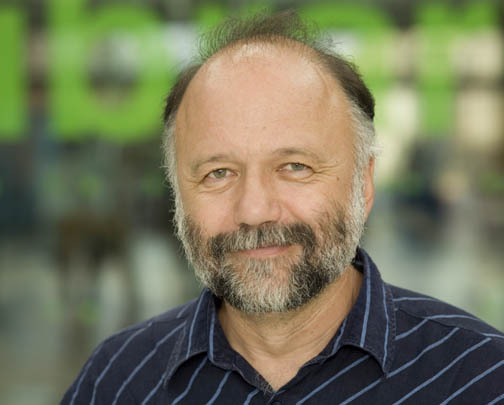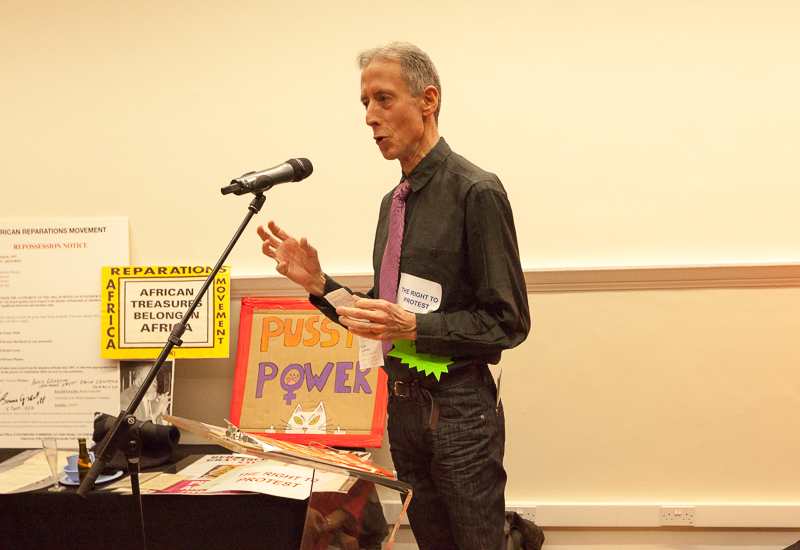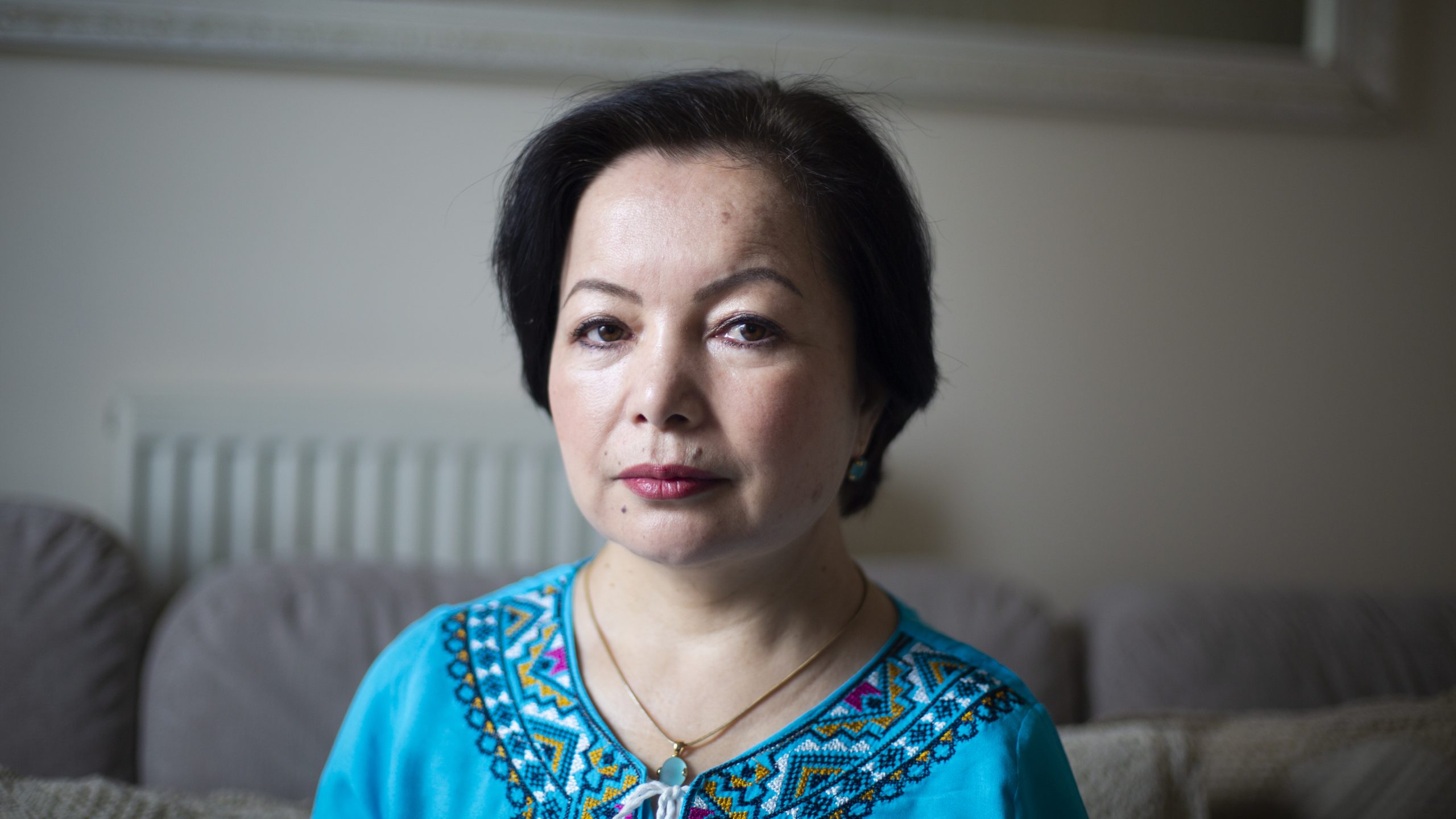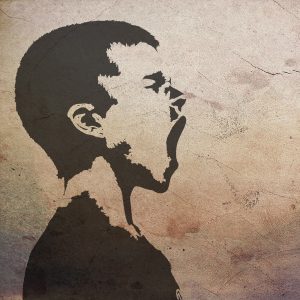Index relies entirely on the support of donors and readers to do its work.
Help us keep amplifying censored voices today.
The summer issue of Index magazine concentrated its efforts on the developing situation between Russia and Ukraine and consequential effects around Europe and the world.
We decided to give voice to journalists, artists and dissidents who chose to respond to this ruthless war. At the same time, we didn’t forget other attacks on freedoms that haven’t been covered around the globe as much as they should.[/vc_column_text][vc_custom_heading text=”Up front”][vc_column_text]Joining Ukraine’s battle for freedom, by Jemimah Steinfeld: We must stand with the bold and brave against Putin.
The Index: A global tour of free expression, departing from the poll booth and arriving at the journalists reporting under Taliban rule.[/vc_column_text][vc_custom_heading text=”Features”][vc_column_text]Fifty years of pride and prejudice, by Peter Tatchell: Following the rise and
corporate fall of London’s march for LGBT rights, will grassroots voices rise again?
India’s meaty issue, by Aishwarya Jagani: When a burger comes with a side of oppression.
Cartoon, by Ben Jennings: Art imitates life, caveman style.
My three years of hell in an Uyghur ‘re-education’ camp, by Gulbahar Hatiwaj and Rahima Mahmut: As the world stays silent, hear the truth from inside China’s brutal concentration camps.
One step ahead of the game, by Chen Dan: Media criticism of the Chinese government is all part of the power play.
Welcome to the kingdom of impunity, by Michael Deibert: The landscape is dangerous for journalists in Haiti. Murders and kidnappings are a daily risk.
Politically corrected? By Issa Sikiti da Silva: The banned words the Kenyan
government doesn’t want to hear in this election year.[/vc_column_text][vc_custom_heading text=”Special report: The battle for Ukraine”][vc_column_text]Losing battle for truth in Russian lecture halls, by Ilya Matveev: The war has put a new strain on academic freedom. A Russian lecturer laments his lost classroom.
Don’t be afraid to say two plus two is four, by Mark Frary and Alla Gutnikova: As a convicted student journalist speaks out for freedom, do Russian dissidents once again face the gulag?
Emotional baggage, by Slavenka Drakulic: How it feels to pack up a life in Ukraine and become a refugee.
Back to the future, by Martin Bright: The world has been turned
upside down for Ukrainian reporters, and this is their new landscape.
On not being shot, by John Sweeney: Amidst the Kremlin-wrought
wreckage, do we need a new era of journalism?
Russia’s trojan horse moves closer to Europe, by Viktória Serdult: In Hungary, Putin’s right-hand man and Europe’s right-wing firebrand wins again.
Turkey’s newfound russophilia, by Kaya Genç: Putinism is seeping into Turkey, and it spells trouble for future freedoms.
Divided by age and a tv screen, by Hanna Komar: How do you make sure your
family see the truth when they’re blinded by Kremlin propaganda? A Belarus activist speaks out.
Culture in the cross hairs, by Andrey Kurkov: Decades after Soviet rule, Ukrainian culture is once again under threat, as are the lives behind the creative expression.
Bordering on media control, by Kseniya Tarasevich: False information about
Ukraine finds fertile breeding ground in Poland.
Treat tragedies of the Ukraine war with dignity, by Olesya Khromeychuk: The grieving hearts left behind when death becomes news fodder.
Worth a gamble, by Jemimah Steinfeld: When telling the truth is a crime, turn to a criminal spam operation.[/vc_column_text][vc_custom_heading text=”Comment”][vc_column_text]
Cancel Putin, not culture, by Maria Sorenson: Banning Russian artists assumes
that they are all collaborators of the Russian state and goes against artistic freedoms.
Beware the ‘civilisation’ battle, by Emily Couch: Why Europe must reject
anti-Asian racism to fully stand with Ukraine.
The silent minority, by Ruth Smeeth: A tribute to those whose work never saw the light of day.[/vc_column_text][vc_custom_heading text=”Culture”][vc_column_text]‘The light is no longer the light it used to be’, by Lyuba Yakimchuk: The poet on children being indoctrinated and the elderly disorientated in Russia-occupied Ukraine.
A cassandra worth heeding, by Dominic Cavendish: Murdered Russian journalist
Anna Politkovskaya, whose dispatches from Chechnya should be put in the spotlight.
Poetic injustice, by Stephen Komarnyckyj: History is repeating itself
on the pages penned by Ukrainian writers.
Banking on Russia’s poetic spirit, by Maria Bloshteyn and Yulia Fridman: A “piggy bank” of Russian poetry is fighting on the right side of Putin’s war.
Metaphors and madness, by Eduardo Halfon: In Guatemala, truth is best expressed through fiction.
Metal shows its mettle, by Guilherme Osinski: A heavy metal band labelled
“satanic” by Iran is free from prison and taking back the microphone.
America’s coming crucible, by Jo-Ann Mort: Women in the USA might soon be in the dark about their own bodies.
In the summer 2022 issue of Index on Censorship, people across the spectrum talk about the corrosive effect of the war in Ukraine on freedoms. Viktoria Sedult, a journalist in Hungary, writes about how Europe’s most right-wing leader, Prime Minister Viktor Orbán, used fears of being embroiled in the war to secure a resounding electoral victory. Hanna Komar, an activist from Belarus, tells how she is desperately trying to challenge her parents on the lies they see on their TV. We give space to Ukrainian writers and artists, with a moving essay from Andrey Kurkov on how today, as in the past, Russia is trying to erase Ukraine’s culture, and a discussion with the poet Lyuba Yumichuk on children in Donbas being fed an alternative history. We publish the court statement from student journalist Alla Gutnikova, one of the Doxa Four sentenced to two years’ “correctional labour” in April, alongside an interview with her. Ilya Matveev, a Russian academic, writes about the incredibly difficult environment in his St Petersburg classroom, which eventually led him to flee. And we spotlight the amazing ways people are fighting back.

Andrey Kurkov is an Ukrainian author who has written about 20 documentary, fiction and TV movie scripts and also 19 novels, including the bestseller Death and the Penguin. Read More

Andrey Kurkov is an Ukrainian author who has written about 20 documentary, fiction and TV movie scripts and also 19 novels, including the bestseller Death and the Penguin.

Peter Tatchell is the director of human rights organisation the Peter Tatchell Foundation and highly acknowledged for his work with the LGBT movement.

Peter Tatchell is the director of human rights organisation the Peter Tatchell Foundation and highly acknowledged for his work with the LGBT movement.

Rahima Mahmut is the director of the World Uyghur Congress (UK) and Adviser to the Inter-Parliamentary Alliance on China.

Rahima Mahmut is the director of the World Uyghur Congress (UK) and Adviser to the Inter-Parliamentary Alliance on China.

This week has been awful.
The news has been devastating and all consuming. But that feels like it’s becoming the norm.
In Belarus, our friends remain under attack - Andrei and Irina’s trial began on Monday. We have no idea of the outcome.
In Brazil, Dom Phillips and his colleague Bruno Araújo Pereira remain missing – but with reports of fresh blood being found, our hearts break for their loved ones.
In Ukraine, we see daily the death and destruction caused by the Russian invasion, up to 200 Ukrainian soldiers killed a day. And the reports of cholera in Mariupol are beyond my comprehension in the twenty-first century.
In Russia, the crackdown against dissidents continues unabated – with limited coverage. 160 people are currently defending criminal cases for anti-war statements and this week a close associate of Alexei Navalny was tried in absentia and placed on the international wanted list.
In the Philippines, Ferdinand Marcos Jr has been elected as the next President and made his first visit to the US as President-Elect – seemingly the legacy of his parents no longer an electoral or diplomatic issue.
In Hong Kong, six brave democracy protesters were arrested for the temerity of marking the anniversary of Tiananmen Square.
In the US – the inquiry into the Capitol Riot is officially underway – highlighting just how fragile our collective democracy is and how desperately we need to cherish and protect it.
And that’s before I even touch on what is happening in the UK, the ongoing political crises, and the ideologically incoherent approach to freedom of expression protections.
And in too many countries this is now framed through the prism of a cost-of-living crisis as a scale that we haven’t seen for a generation.
My only comfort is that we know what is happening. In a digital age it is very difficult for any leader, however repressive, to completely silence dissent about their domestic actions. The joy of a free press in democratic countries is that it enables us to be informed and to demand more and better – from our own leaders and from those that claim a global role. It enables us to analyse the scale of the threat and to try and prioritise our efforts in assisting those brave enough to stand against tyranny.
Index exists to provide a platform for the persecuted. We work every day with those who refuse to be silenced. The least we can do is listen to them and then join their fight.
 "Andrei Aliaksandrau is a merry fellow and a joker, a manager and a poet, an idealist and a pragmatist all rolled into one. He is persistent in defending his point of view, direct in his convictions and sensitive to falsehood. I didn't like arguing with him because he's stubborn. I always knew I could count on him because he's honest.
"Andrei Aliaksandrau is a merry fellow and a joker, a manager and a poet, an idealist and a pragmatist all rolled into one. He is persistent in defending his point of view, direct in his convictions and sensitive to falsehood. I didn't like arguing with him because he's stubborn. I always knew I could count on him because he's honest.
"Aliaksandrau is a knight, a romantic. In company he jokes and chats a lot - but it never tires. It's fun with him.
"At one time, we gathered for poetry readings at our house. I remember once Andrei brought a jar of pickles made by his mother. They were the most delicious pickles I had ever tasted.
"It is too painful to think that now I can’t call Andrei and our friend Ales Lipai (he died in the summer of 2018) and say, “Guys, let’s get together on Saturday!” and start discussing a topic for the meeting. Aliaksandrau would not like my topic. He would suggest another one. We would have a friendly row for a while and would conclude to sort it out at the meeting place. I would say, ‘OK, Aliaksandrau. We are looking forward to you on Saturday at six!’ And I would know that Andrei would come on time.